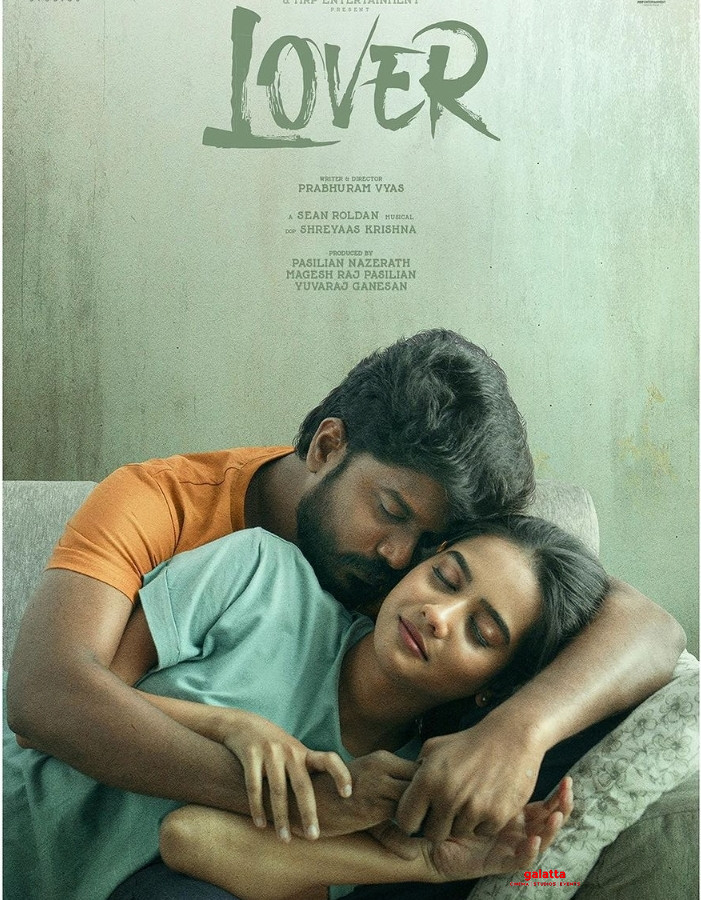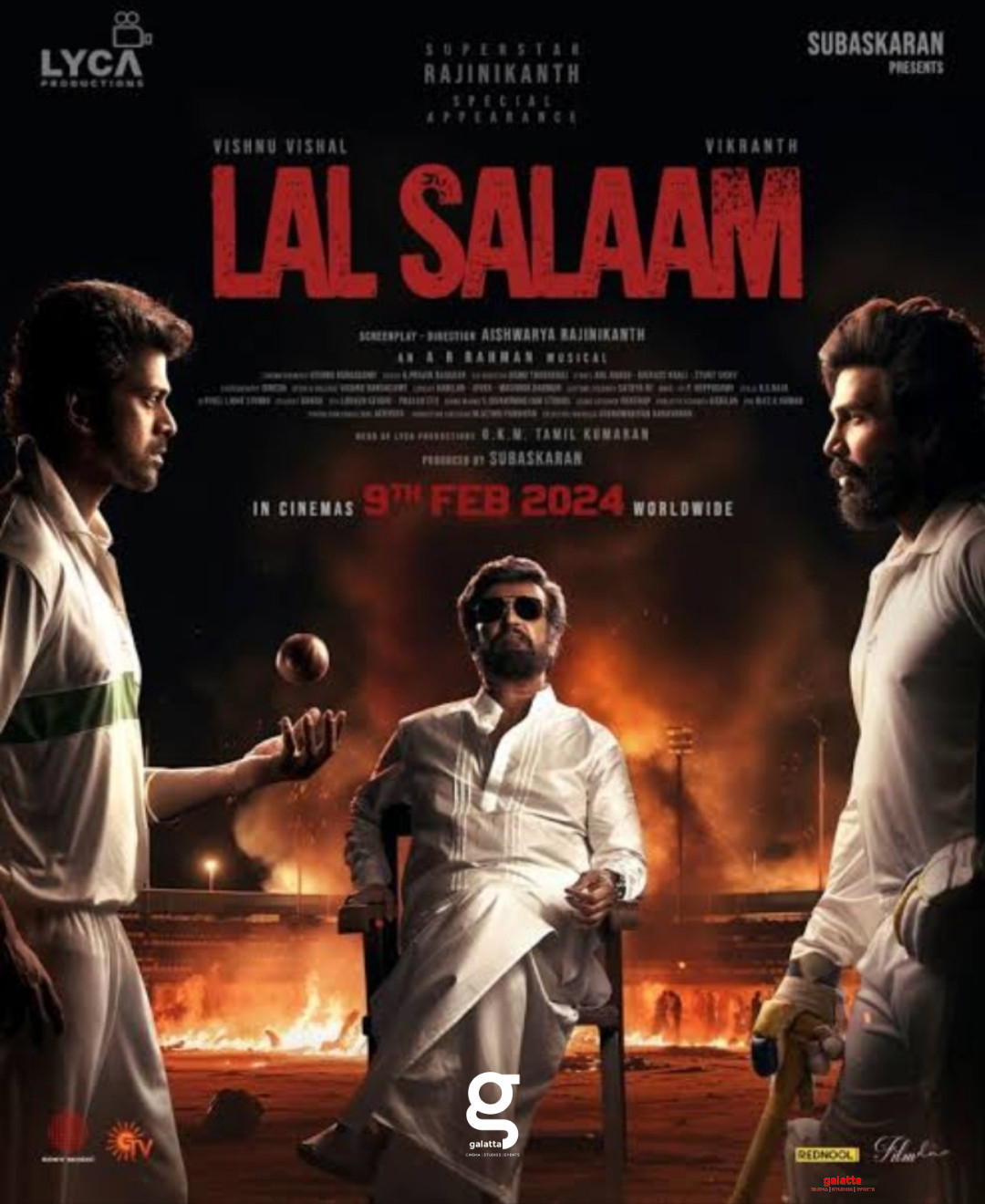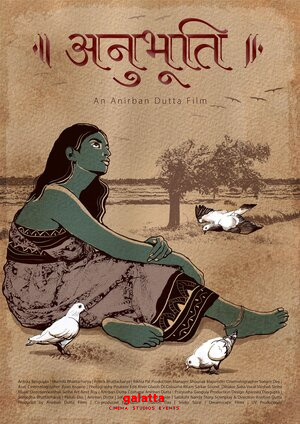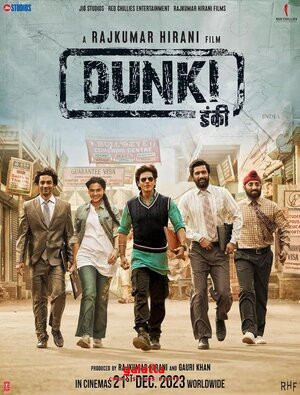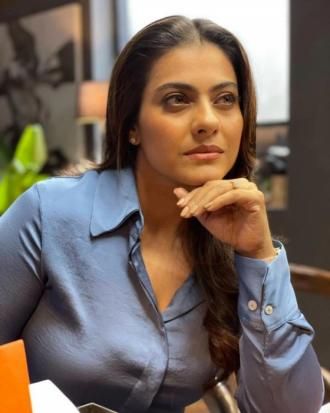The Fable Movie Cast & Crew
The Fable, Raam Reddy’s long-anticipated follow-up to his debut feature Thithi, opens with a black screen, and we hear the familiar sound of what appears to be someone brushing their teeth. As the image appears, it turns out that someone is indeed brushing their teeth. That someone is Dev (Manoj Bajpayee). Filmmakers usually go for memorable opening visuals to suck you into their story dramatically, and it’s hard to imagine an opening more mundane. We go to the movies for flights of fancy – and here, we see one of our greatest actors doing what we all do when we wake up? But wait. After brushing, Dev dabs a bit of ointment on both shoulders. Instantly, there is intrigue. What is that all about? Is he hurt? As we wonder about the answer, we get a single-take shot that follows Dev. Along the way, we meet key characters (including a dimly lit outhouse), and at the end of the shot, we get a bridge that leads to nowhere. There is a valley below, and the Himalayas in the vast beyond. Raam Reddy makes us wait for that memorable opening visual. Dev does something that makes us look back and see that – along with him – we have travelled all the way from a most mundane act to an act that is the most fantastical. And the film begins to soar.
When I say “soar”, I mean it quite literally. And when I say “the film”, I also mean… film. The Fable is shot on 16-mm stock, and the look is right out of the time period the story is set in. The year is 1989, and we might be watching a grain-specked telefilm made for Doordarshan during that period. Raam Reddy is not a flashy filmmaker, and his film – shot by Sunil Borkar – is filled with understated beauty. But why film, as opposed to digital? Perhaps because the medium fades over time, just like Dev’s kind faded over time. His family consists of wife Nandini (Priyanka Bose), and a son and a daughter. They talk a lot of English. Their entertainment consists of watching Cary Grant and Audrey Hepburn in Charade. Even their estate – their orchards – is an inheritance from a forefather who made a name for himself under the British. One way to read The Fable is that land (or Nature) does not “belong” to any one person, but to everyone. Dev’s Raj-era entitlement will soon be a thing of the past.
Dev is not a bad man. I was intrigued by his godlike name (and how apt for someone who lives amidst the Himalayas), and Dev does preside over his estate with godlike omniscience, with workers devoted to him. But when fires start appearing in the orchards, it appears to be a message. Someone seems to be telling Dev that he is not a special being, and that he will soon be expelled from this heaven. (The orchards bear apples. A Christian reading would suggest that Dev will soon be expelled from this Eden.) The Fable plays out like a metaphysical mystery. “Who is setting off these fires?” is the obvious question. And the answer is sought out by an increasingly desperate Dev. Manoj Bajpayee is beyond brilliant. He gives a calm, almost meditative performance, taking us through a reverse journey of that opening shot. There, we travelled from the mundane to the magical. Here, Manoj takes us from the magical to the mundane. Dev begins to suspect employees that he trusted implicitly. His serene demeanour gives way to pettiness and paranoia, and we gradually see that – despite his name – Dev is just a man, after all.
“Everything was beautiful in these mountains, but the minds of men can get corrupted by the slightest of things.” These words embody Dev, and they are spoken by the film’s narrator. The use of voiceover gives The Fable a “Once upon a time…” feel. Like in Thithi, everything is interconnected (and in fact, The Fable can also be seen as a companion piece to Thithi, which ended with an image of fire). It may take a few viewings to catch all the connections, but here are a few. Dev and his family indulge in stargazing. A mother in a nearby village narrates a story about people from a distant star who get stranded on earth. And we hear this line about stars from the title song from Kabhi Kabhie: “Tu abse pehle sitaaron mein bas rahi thi kahin…” Here’s another connection! Sitting around a fire, Dev’s wife sings Adi Shankara’s hymn: “I am neither the fire, sky, earth or air… I am Shiva… I am pure consciousness and bliss”. Meanwhile, local nomads – who resemble the nomadic shepherds from Thithi – do their own form of chanting around a fire.
Based on Thithi and The Fable, Raam Reddy’s theme seems to be the interconnectedness of all things in this world. Death is another constant. If Thithi was woven around death, The Fable shows us the death of trees, the death of insects through the use of pesticide, the death of innocence of Dev’s teenage daughter, and the death of a colonial way of life. This is not a spoiler because The Fable is not something you watch wanting to know whodunit or what happens at the end. Like Thithi, this is a journey through the cycle of life. Fireflies are a recurring image in The Fable. They are connected to both the fires in the orchard and the short lifespans of living creatures in the cosmic scheme of things. When Dev walks into a cloud of fireflies, the visual is both utterly beautiful and utterly sad.
The other great performance in the film comes from Deepak Dobriyal. Every emotion flickers large on his face: from loyalty to disappointment to rejection to confusion about the fires. He plays Dev’s devoted manager, and the actor’s exteriority becomes a wonderful foil to Manoj Bajpayee’s largely internal performance. The two performers work together like a symphony: they make us forget that this is (thankfully) a film without a background score. The only snatches of music we hear are the songs sung by Dev’s wife, and the vintage songs in the background: Hindi songs from the Pankaj Mullick/KL Saigal era. At least to me, this added a link to the end of the British Raj, the 1940s – which is an undercurrent throughout.
The one stretch that did not work for me in The Fable is when the villager played by Tillotama Shome narrates a fable, beginning with the question: “What is soul?” I felt it was too direct an allusion, and the story about celestial beings that follows is too neat, too tidy a link to the final scenes. But consider this character’s name: Radha. She is married to a man named Keshav. Again, the magical nature of their names coexists with the mundane nature of the life they lead, with three children and not enough money. Like I said, everything is interconnected – not in the sense of catching Easter eggs or solving a puzzle, but in a more diffuse way. Some of us will see The Fable as the story of a way of life. Others might see it as the story of life itself.


